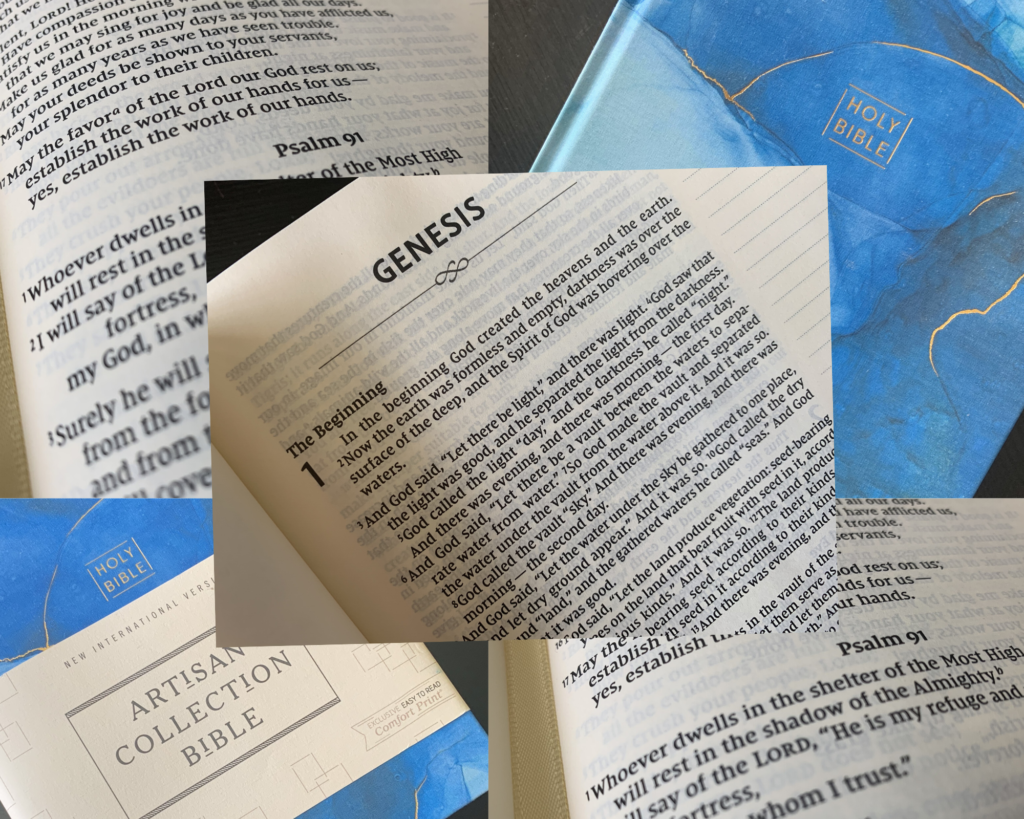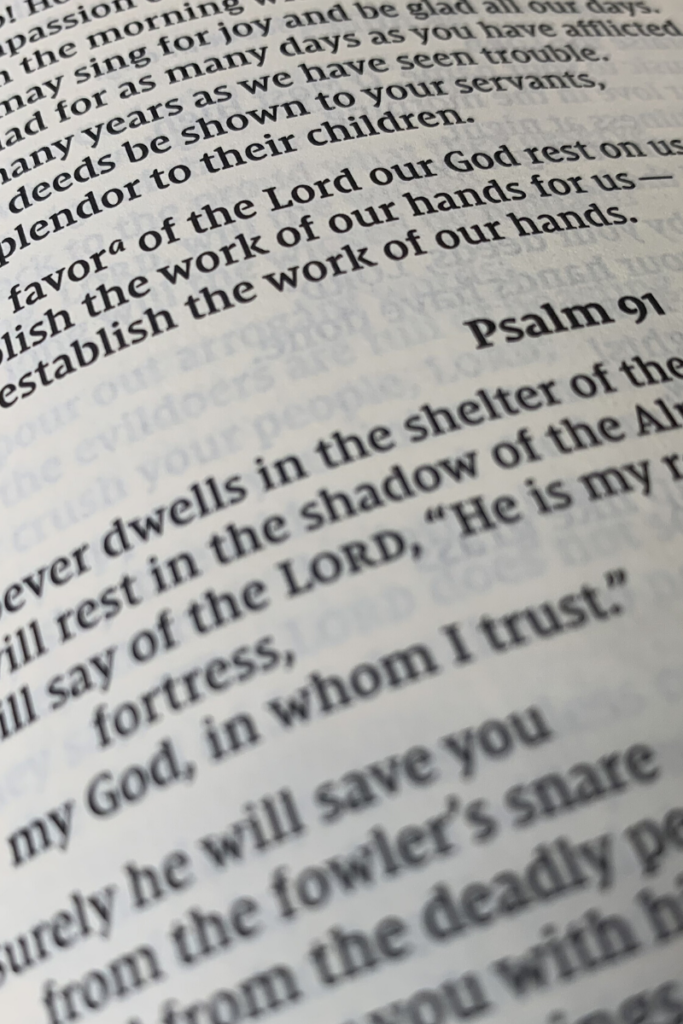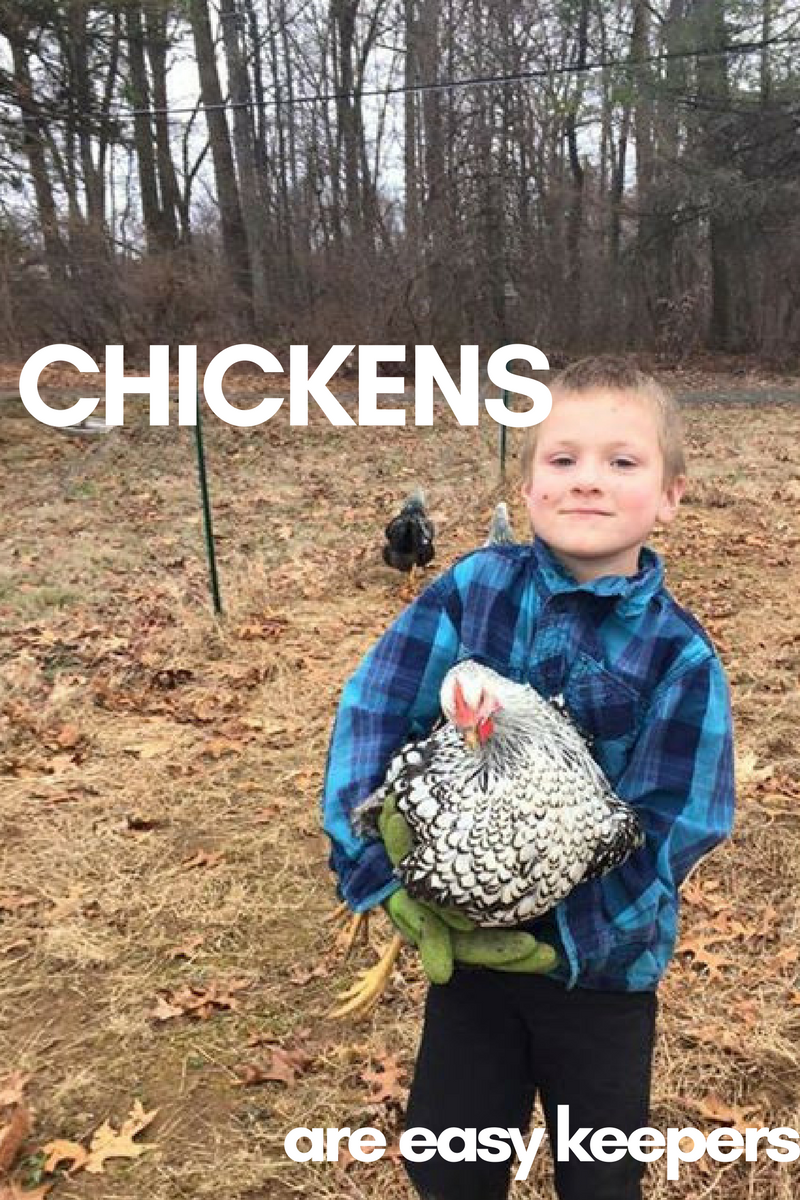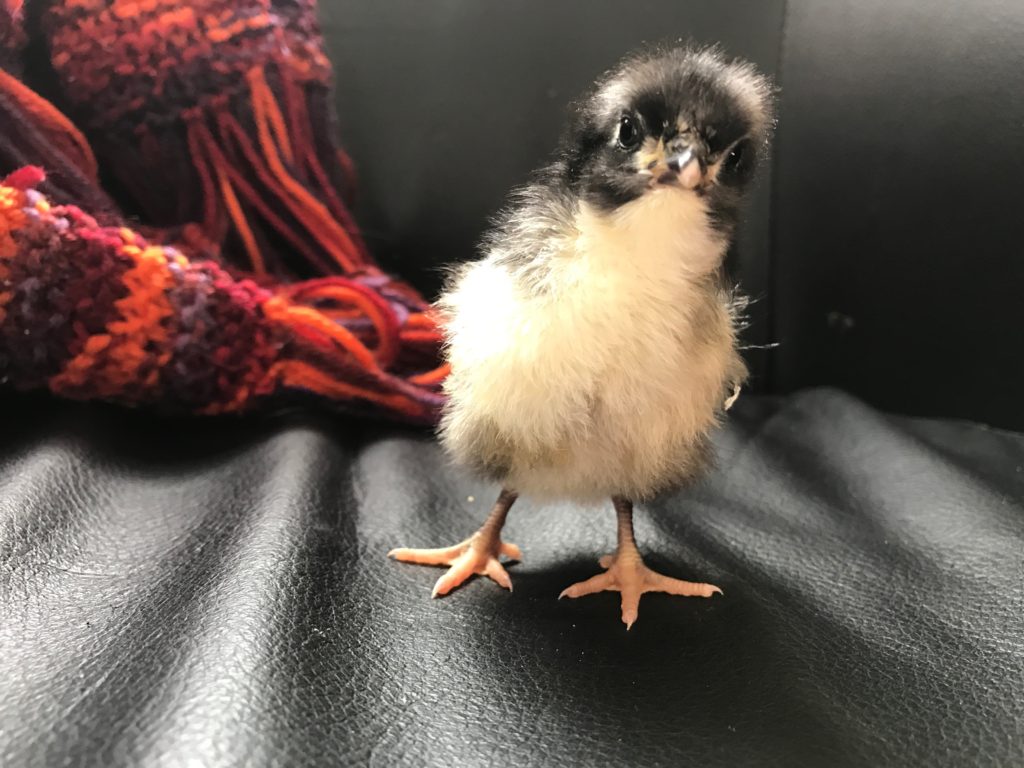I like to go all in. Rip off the band-aid, jump in head first, and throw everything I’ve got at my next new project or problem. Yep yep, starting Monday, I’m going to eat healthy. Or, starting next week I’m going to the gym three times a week to get strong! I’m quitting my job to go to school for a new career… I’m chopping up my credit cards and never using debt again!
Do any of these sound like you? You get fed up with the way things are and make a giant change, expecting it to stick. But change, no matter how necessary, is really incredibly hard, and most of the time, making that giant, life-altering improvement doesn’t stick. It’s simply too much altering at one time.
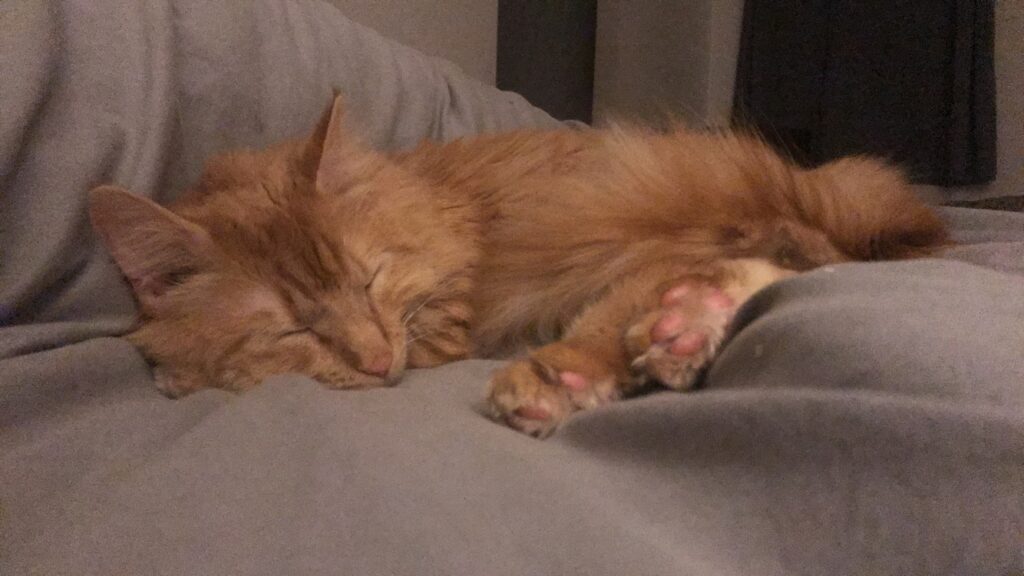
Or maybe you have a different challenge – the change is so huge that you are paralyzed. You’re dead-still frozen like Han Solo in a slab of carbonite. Because getting to that space of making the change takes so much mental, physical, and emotional energy that you just can’t start. I feel you! I keep putting off that healthy eating to another day, and then another day, and then suddenly it’s been another month and I haven’t made any changes at all. And I feel even worse for being that way. Feel familiar?
Maybe you’ve got that paralysis of analysis – it’s such a big change that you need to make, that you can’t make the decision about where to start. So you read books. You watch endless educational YouTube videos. You take another $37 internet course. And you’re stuck researching.
Been there, done that, and it cost me thousands of dollars because the inventory for my ‘new business’ expired before I got out there and found the clients to buy it. I was too busy doing research when I just needed to start.
Oh do I feel you! I’ve tripped over each and every one of these… and they never really work, do they? We know we need to do something different, we just can’t get from where we are to that thing that’s better for us.
And that thing could be any number of ‘things’ – a new job, or getting organized, finding new clients, a healthier lifestyle, better parenting, or saving money. It’s anything than seems big or undoable but would enhance our lives. I don’t think you’re lazy. I think you might be stuck.
If you read the Bible (and if you don’t, don’t worry – it’s still a good story, so stick with me on this) – the people of Isreal were going to rebuild their temple – a monumental task, if you ask me. So God sent some visions to the prophet Zechariah so he would know how to encourage them. Then God says to Zechariah – “Do not despise these small beginnings, for the Lord rejoices to see the work begin, to see the plumb line in Zerubbabel’s hand.” (Zechariah 4:10 NLT).
A plumb line is just a weight on the end of a string. And you can use it when you’re building to see if your post, or pole, or wall is straight. It’s a very simple tool you use in the beginning of a project to see if you’re getting off to a good start. God is happy to see their work begin.
There’s a lot more to the story and you can go and read it for yourself if you like. But I just want to point out one little thing here – God doesn’t expect us to conquer our entire challenge all at once. He isn’t worried about the results. He didn’t expect them to build up this giant monument all of the sudden. He’s excited to see the work begin.
We all have to start somewhere, so don’t despise the small beginnings. Don’t hate those first little steps. Just make the first step, no matter how small. Because small progress is still progress.
OK fine, but what does this look like in real life?
That’s what I ask myself every time I watch an educational YouTube video or read a motivational blog post. It sounds great in theory, but does it actually do anything? What’s the point?
A few weeks ago I decided to organize my pantry. I pulled everything out and I lined it up on the floor. I got so overwhelmed and suddenly fatigued from the sight that I just wanted to quit. Why on earth did I even start this dumb project anyway? What was I thinking? But obviously I couldn’t leave my kitchen that way. I had to keep moving.
So I picked one thing to do.
I picked the easiest, most obvious thing that I could think of. So the first thing I did was just look at what obviously needed to be thrown away. I didn’t look at expiration dates, or scour packages, or debate if it was something we would actually eat. I did none of that. I just got rid of anything that looked like it needed to be trashed. I took away the decision-making and went on instinct, and I did it fast.
One small step helped to create enough momentum to get to move on to the next step. Then I picked another step – putting away the soup cans. Then the canned veggies. Then the pasta. Just one easy piece at a time. I ate a cookie, I sipped some coffee, and I picked another thing.
Maybe this isn’t the best example, but we all have those projects that we finally get inspired to start and then get overwhelmed, if we even start them at all.
The key is this: don’t despise the small steps. Pick the easiest, most obvious thing and do it fast. And this helps us in a variety of ways.
First of all, it reduces decision fatigue. Honestly, we make so many decisions in a day from what to wear to what to eat, that by the time we have a chance to do something else, we’ve run out of the ability to make decisions. It’s normal. Deal with the decision fatigue by removing that piece for now and do the easy part first. Plus, it cuts down on one more decision you have to make later.
Second, it creates momentum. An object in motion tends to stay in motion—and that is as true for people as it is for slinklies and soft balls (thank you to my amazing 11th-grade physics teacher!). It’s hard to get moving, but once we get going, it gets easier to keep moving.
I often feel this when I ride my bicycle. When I first pedal, it feels hard! But if I put in a few hard, fast pedal strokes to get up to speed, it gets easier to keep the momentum and maintain the speed.
Third, it creates motivation. Just about every motivational speaker I’ve ever listened to (and there have been plenty!) has said that feelings follow action. If we wait until we FEEL motivated, we’ll be waiting a really, really long time, if not forever. We don’t naturally feel motivated (or at least, most of us don’t). And motivating ourselves out of plain old grit is just hard and requires endless amounts of emotional effort.
What really brings out our feelings of motivation is results. So if we can get a positive result – no matter how small – it’ll motivate us to get more results. I’m far less likely to overeat when the scale is dropping, but when it gets stagnant, I’m much more likely to grab an extra cookie or seventeen.
So don’t think of small beginnings or baby steps as babyish. Small progress is the start of something big. It doesn’t matter what elephant you’re trying to eat – don’t try to swallow the whole thing at once. Small and consistent (but not perfect) progress will get you there.
Don’t despise the small beginnings – just begin.




